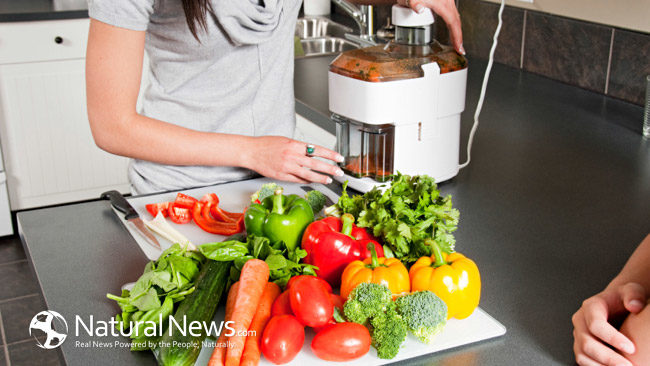By Don Rogers
Should you juice if you have diabetes or are concerned about your blood sugar?
Diabetes is unfortunately a rather common health problem today. In many situations, diabetes is diet related and is primarily a result of too much sugar intake over a period of time.
Juice is a refined food and like all refined foods, the food is no longer whole. A whole food takes longer for the body to digest and thus, the sugar content of the food is released slowly into the bloodstream. Digestion is the body’s natural way of slowly releasing vitamins and nutrients into the bloodstream.
The people of Asia never knew what diabetes was until they began to refine rice and make it white. Unfortunately, brown rice is a whole food while white rice is a refined and processed food. White rice contains very little nutrition and yet, because white rice is a pure starch it also releases sugar into the bloodstream really fast
When your body eats brown rice, due to the fact it is a whole food, it takes longer to digest and so the nutrition is released slowly into the bloodstream. White rice, on the other hand, is a processed food and because it has already been refined, white rice is more rapidly digested releasing sugar into the bloodstream much faster.
Juicing is a form of processing food, but the difference is that with juicing, you are getting good nutrition. But at the same time, we need to realize that we are potentially releasing sugar into our bloodstream. It’s important to realize how much sugar is in the vegetables we are juicing.
If you are concerned about diabetes or blood sugar, you want to focus more on vegetable juice rather than fruit juice.
We also want to focus on vegetables that are low in sugar content. As a general rule, vegetables that are grown above ground are low in sugar while those grown below ground are high in sugar and this includes beets, carrots, yams, etc.
When starting juicing for the first time, I tell people to add a small amount of carrot to their juice to make the juice slightly more delicious. But the key here is a small amount. With time, you want to remove the carrot from the drink and juice vegetables that have a lower sugar content.
If you are concerned about diabetes, then consult your doctor and/or naturopath before juicing. Additionally, get yourself a glucometer so you can test your blood sugar after juicing. A glucometer is the same tool that diabetics use to test their blood sugar.
As a little tip, remember that a typical nutritional analysis for fruits and vegetables is based on 100 grams. When reviewing a nutritional analysis for each fruit and vegetable you should then take a look at its energy level (sugar content) while remembering that 100 grams of a carrot is small amount while 100 grams of lettuce is a lot.
Since spinach is light weight, it will take quite a few leaves to make 100 grams.
454 grams equal 1 pound. So if you buy, as an example, a 1 pound bag of carrots, then approximately ¼ of that bag is equal to 100 grams.





